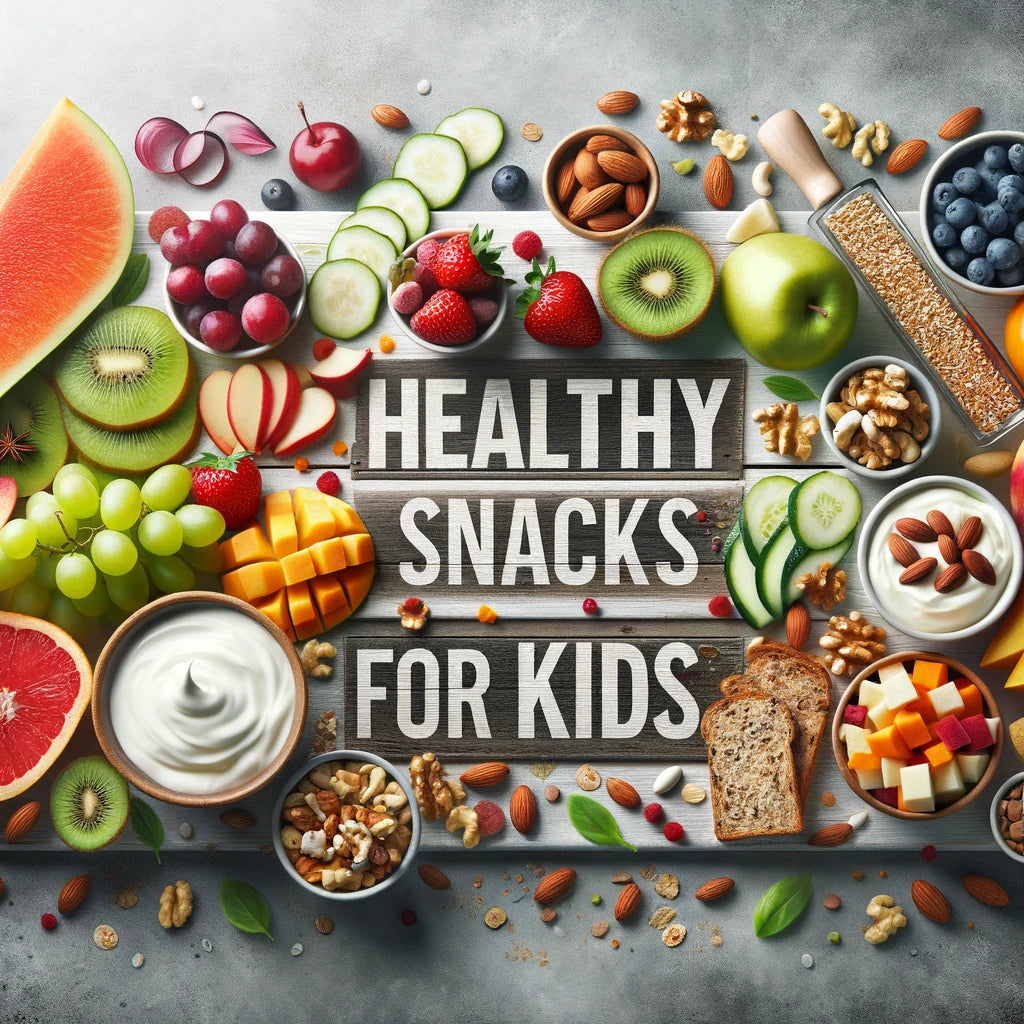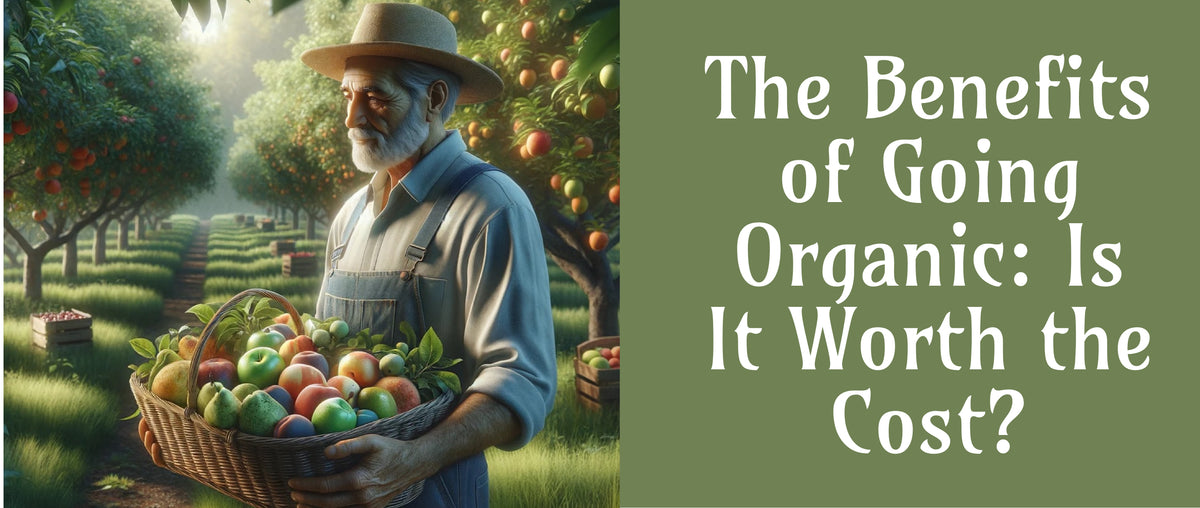Plant Based Snacks That Are Both Healthy and Delicious
Transitioning to a plant-based diet can be a significant step towards a healthier lifestyle, but it requires careful planning to ensure you meet all your nutritional needs. A well-balanced plant based diet offers numerous health benefits, such as weight management, reduced risk of chronic diseases, and improved Muscle Recovery. This comprehensive guide will cover the essential nutrients required in a healthy diet, how to obtain them from plant-based sources, and the benefits and challenges of a vegetarian or vegan diet.
Key Takeaways
- Protein: Crucial for muscle recovery, found in legumes, nuts, and seeds.
- Iron: Vital for blood health, available in spinach, lentils, and fortified cereals.
- Calcium: Important for bone health, sourced from fortified plant milks, tofu, and leafy greens.
- Vitamin B12: Necessary for nerve function, found in fortified foods and supplements.
- Omega-3 Fatty Acids: Essential for heart health, available in flaxseeds, chia seeds, and walnuts.
- Vitamin D: Important for bone health, found in fortified foods and through supplementation.
Understanding Essential Nutrients
Essential nutrients are compounds that the body cannot synthesize in sufficient quantities and must be obtained from the diet. These include macronutrients like proteins, fats, and carbohydrates, and micronutrients such as vitamins and minerals. Ensuring adequate intake of these nutrients is crucial for maintaining overall health and well-being.
What is a Plant-Based Diet and Why Should You Try It?
A plant-based diet focuses on foods primarily from plants. This includes not only fruits and vegetables but also nuts, seeds, oils, whole grains, legumes, and beans. People choose plant-based diets for various reasons, including health benefits, environmental sustainability, and ethical considerations regarding animal welfare. Adopting a plant-based diet can lead to numerous health benefits, including weight management, improved muscle recovery, and reduced risk of chronic diseases.
Benefits of Plant-Based Diets
Weight Management
Plant-based diets are rich in fiber and low in calories, which can help with weight management. Foods like fruits, vegetables, and whole grains are filling but lower in calories, making them ideal for those looking to maintain or lose weight. Incorporating the best foods for weight loss such as leafy greens, fruits, and whole grains can be highly effective.
Reduced Risk of Chronic Diseases
Diets rich in plants are associated with lower risks of heart disease, diabetes, and certain cancers. The high levels of fiber, antioxidants, and phytonutrients found in plant-based foods contribute to these health benefits. Studies have shown that a plant-based diet can significantly reduce the risk of developing chronic illnesses.
Environmental and Ethical Benefits
Plant-based diets are more sustainable and have a lower environmental footprint compared to diets rich in animal products. By reducing the consumption of animal products, individuals can contribute to a decrease in greenhouse gas emissions, deforestation, and water usage. Additionally, plant-based diets align with ethical considerations regarding animal welfare.

How to Maintaining a Balanced Vegetarian or Vegan Diet
Maintaining a balanced diet involves ensuring you get all necessary nutrients. This requires careful meal planning and sometimes supplementation, especially for nutrients that are less abundant in plant-based foods. A balanced vegetarian or vegan diet includes a variety of fruits, vegetables, whole grains, legumes, nuts, and seeds to cover all nutritional bases.
Meal Planning Tips
- Diverse Diet:Include a variety of fruits, vegetables, grains, and proteins
- Supplements: Consider Vitamin B12, Vitamin D, and omega-3 supplements if necessary.
- Monitor Your Health: Regular check-ups and blood tests to ensure nutritional adequacy.
What Are the Health Benefits of a Plant-Based Diet?
Heart Health
Plant-based diets are rich in fiber, antioxidants, and healthy fats, which support cardiovascular health. Foods such as nuts, seeds, and whole grains have been shown to reduce cholesterol levels and lower the risk of heart disease.
Digestive Health
The high fiber content in plant-based diets promotes a healthy digestive system. Fiber helps to regulate bowel movements, prevent constipation, and reduce the risk of colon cancer.
Mental Health
Some studies suggest that plant-based diets can improve mood and reduce symptoms of depression. The high levels of vitamins, minerals, and antioxidants found in plant foods support brain health and function.
What Are the Risks of an Unbalanced Vegetarian or Vegan Diet?
Nutrient Deficiencies
There is a risk of deficiencies in certain nutrients, such as Vitamin B12, iron, calcium, and omega-3 fatty acids, in a poorly planned vegetarian or vegan diet. It's important to be mindful of these nutrients and find suitable plant-based sources or supplements to avoid deficiencies.
Protein Intake
Ensuring adequate protein intake can be challenging but manageable with proper planning. Including a variety of protein-rich plant foods such as legumes, nuts, seeds, and soy products can help meet protein needs.
How to Get the Necessary Vitamins and Nutrients as a Vegetarian or Vegan
Vitamin B12
Vitamin B12 is crucial for nerve function and the production of red blood cells. It is primarily found in animal products, so vegetarians and vegans need to find alternative sources. Fortified foods such as plant milks, breakfast cereals, and nutritional yeast are good sources of Vitamin B12. Supplements are also an effective way to ensure adequate intake.
Iron
Iron is essential for oxygen transport in the blood. Plant-based sources of iron include leafy greens, legumes, and fortified cereals. To enhance iron absorption, consume iron-rich foods with Vitamin C-rich foods like bell peppers, tomatoes, and citrus fruits.
Calcium
Calcium is necessary for bone health. Plant-based sources include fortified plant milks, tofu, and leafy greens. Ensuring adequate calcium intake is important for preventing osteoporosis and maintaining strong bones.
Omega-3 Fatty Acids
Omega-3 fatty acids are essential for heart and brain health. Plant-based sources include flaxseeds, chia seeds, and walnuts. Supplements derived from algae are also available and can provide a good source of DHA and EPA, the most beneficial forms of omega-3s.
Vitamin D
Vitamin D is crucial for bone health and immune function. Plant-based sources and methods include fortified foods, sun exposure, and supplements. Ensuring adequate Vitamin D intake is important for preventing deficiencies, especially in regions with limited sunlight.
Zinc
Zinc supports immune function and wound healing. Plant-based sources include legumes, nuts, seeds, and whole grains. Including a variety of these foods in your diet can help meet zinc needs.
Creatine
Creatine is important for muscle energy production and is primarily found in animal products. Vegetarians and vegans can obtain creatine through supplements. This is especially beneficial for athletes and those engaging in high-intensity exercise.
How Can I Start a Healthy Vegetarian or Vegan Diet?
Gradual Transition
Start by replacing meat with plant-based proteins in your meals. Gradually increase the amount of plant-based foods while decreasing animal products. This allows your body to adjust and makes the transition easier.
Meal Planning
Plan your meals to ensure a variety of foods that cover all nutritional needs. Focus on incorporating a mix of fruits, vegetables, whole grains, legumes, nuts, and seeds. This will help you maintain a balanced diet and meet your nutrient requirements.
Healthy Snacks for Kids
Incorporate Healthy Snacks for Kids such as fruits, nuts, and homemade energy bars. These snacks are nutritious and can help children meet their daily nutrient needs.
Also Read
Macronutrients in a Plant-Based Diet
Protein
Protein is crucial for building and repairing tissues, and it's essential for muscle recovery. Good sources of plant-based protein include:
- Legumes (lentils, chickpeas, beans)
- Nuts and seeds (almonds, chia seeds, hemp seeds)
- Soy products (tofu, tempeh, edamame)
- Whole grains (quinoa, brown rice, oats)
Including high protein snacks like vegan cheese and Kombucha -infused protein bars can help meet daily protein requirements.
Carbohydrates
Carbohydrates are the body's primary energy source. Focus on complex carbohydrates that provide sustained energy and fiber:
- Whole grains (quinoa, brown rice, oats)
- Starchy vegetables (sweet potatoes, squash)
- Legumes (beans, lentils, peas)
Fats
Healthy fats are vital for brain health and hormone production. Plant-based sources include:
- Avocados
- Nuts and seeds (walnuts, flaxseeds, chia seeds)
- Oils (olive oil, coconut oil)
Micronutrients in a Plant-Based Diet
Iron
Iron is essential for oxygen transport in the blood. Plant-based sources of iron include:
- Leafy greens (spinach, kale)
- Legumes (lentils, chickpeas)
- Fortified cereals
To enhance iron absorption, consume iron-rich foods with Vitamin C-rich foods like bell peppers, tomatoes, and citrus fruits.
Vitamin C
Vitamin C is important for immune function and skin health. Sources include:
- Citrus fruits (oranges, lemons, grapefruits)
- Bell peppers
- Strawberries
- Kiwi
Calcium
Calcium is necessary for bone health. Plant-based sources include:
- Fortified plant milks (almond, soy, oat)
- Tofu
- Leafy greens (collard greens, bok choy)
Zinc
Zinc supports immune function and wound healing. Plant-based sources include:
- Legumes (chickpeas, lentils, beans)
- Nuts and seeds (pumpkin seeds, sesame seeds)
- Whole grains (quinoa, brown rice)
Omega-3 Fatty Acids
Omega-3 fatty acids are essential for heart and brain health. Plant-based sources include:
- Flaxseeds
- Chia seeds
- Walnuts
- Algae supplements
Vitamin D
Vitamin D is crucial for bone health and immune function. Plant-based sources and methods include:
- Fortified foods (plant milks, orange juice)
- Sun exposure
- Supplements
Vitamin B12
Vitamin B12 is necessary for nerve function and the production of red blood cells. Plant-based sources include:
- Fortified foods (plant milks, breakfast cereals, nutritional yeast)
- Supplements

Common Questions about Plant-Based Diets
How Can I Ensure I Get Enough Protein on a Plant-Based Diet?
Incorporate a variety of protein-rich plant foods into your diet. Focus on legumes, nuts, seeds, and soy products. Including protein-rich snacks can also help meet daily protein needs.
Can I Get All the Necessary Nutrients from a Plant-Based Diet?
Yes, with careful planning, you can obtain all essential nutrients from a plant-based diet. It may be necessary to include fortified foods and supplements to meet certain nutrient needs, such as Vitamin B12, Vitamin D, and omega-3 fatty acids.
What Are the Best Foods for Weight Loss on a Plant-Based Diet?
Focus on whole, minimally processed foods that are high in fiber and low in calories. These include:
- Leafy greens
- Fruits
- Whole grains
- Legumes
How Can I Start a Healthy Vegetarian or Vegan Diet?
Gradually transition to a plant-based diet by replacing animal products with plant-based alternatives. Plan your meals to ensure a variety of foods that cover all nutritional needs.
Are There Risks to an Unbalanced Vegetarian or Vegan Diet?
Yes, there are risks of nutrient deficiencies if a vegetarian or vegan diet is not well-planned. It's important to be mindful of nutrients that are less abundant in plant-based foods and to find suitable sources or supplements to avoid deficiencies.
Conclusion
A well-planned plant-based diet can provide all the essential nutrients needed for a healthy lifestyle. It offers numerous health benefits, including weight management, improved muscle recovery, and reduced risk of chronic diseases. By incorporating a variety of nutrient-rich plant foods and being mindful of potential deficiencies, you can thrive on a plant-based diet and enjoy its many advantages. Remember to consult with a healthcare provider before making significant changes to your diet, especially if you have existing health conditions or concerns.
Do you enjoy vegan food? We have a list of vegan restaurants in India to help you find delicious options in your area!










